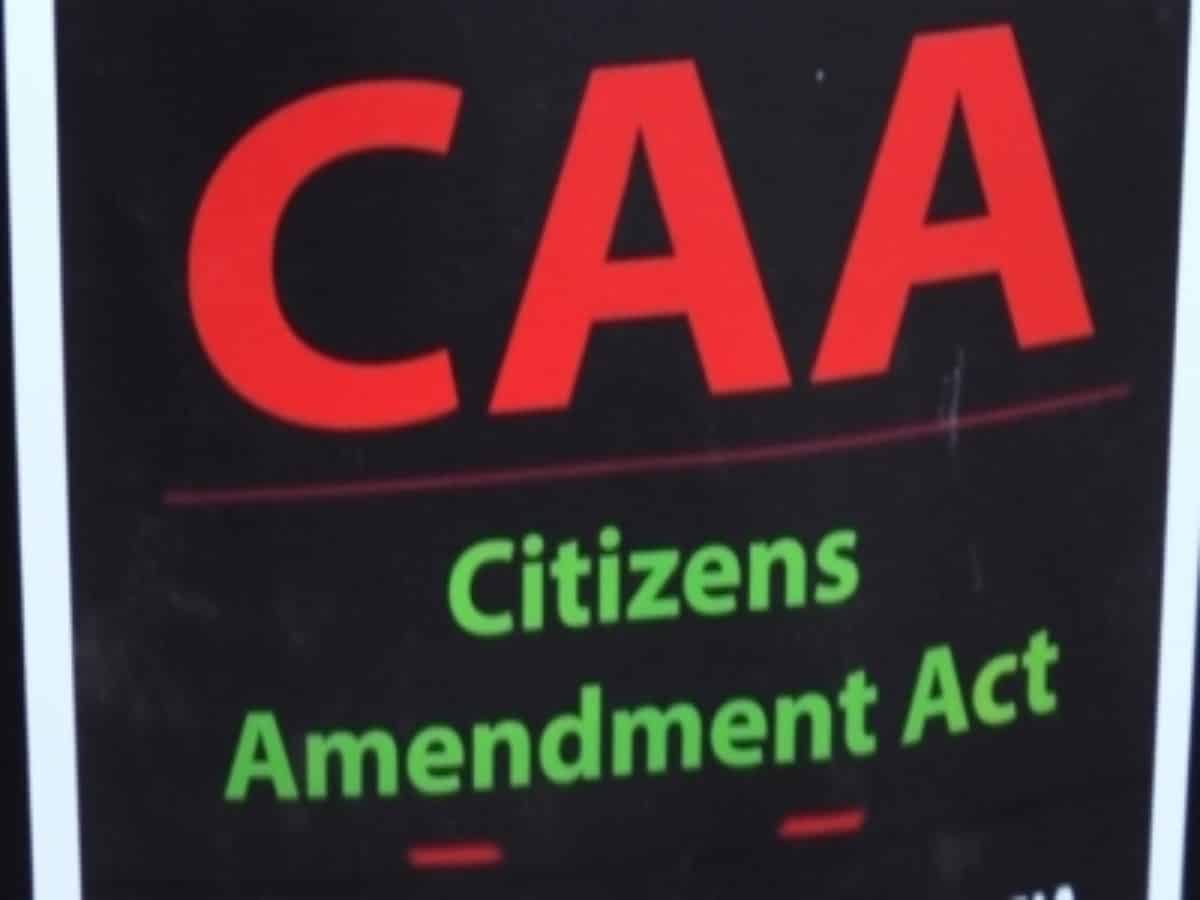
The Union Home Ministry recently notified the rules for the Citizenship Amendment Act (CAA); however, West Bengal, Tamil Nadu, Kerala and others, stated that its implementation would not take place within the states.
Following the stance expressed by these states, questions arose about whether states could actually refuse the implementation of the CAA.
Citizenship is Centre’s subject
According to Article 246, states can legislate on subjects listed under the ‘State List’, while the Centre can enact legislation on matters under the ‘Union List’. However, on matters in the ‘Concurrent List’, both states and the Centre can legislate.
Citizenship, falling under the ‘Union List’, allows the Centre to enact laws on it. Moreover, Article 11 of the Indian Constitution explicitly grants the power to make laws on citizenship to the Centre.
Article 365 of the Indian Constitution
The Indian Constitution mandates that states comply with directions given in the exercise of the Union’s executive power.
Article 365 states, “Where any State has failed to comply with or to give effect to any directions given in the exercise of the executive power of the Union under any of the provisions of this Constitution, it shall be lawful for the President to hold that a situation has arisen in which the Government of the State cannot be carried on in accordance with the provisions of this Constitution.”
Given all these constitutional provisions, it is nearly impossible for states to deny the implementation of the CAA, except by challenging the law in court.
CAA implementation
The CAA enables the granting of citizenship to Hindus, Sikhs, Buddhists, Jains, Parsis, or Christians who migrated to India before December 31, 2014, from neighbouring nations due to religious persecution.
Enacted by Parliament in December 2019 amidst large-scale demonstrations, the CAA recently saw the central government notifying rules and launching an online portal on Tuesday to expedite the process.
